 The value of military hardware manufacturers has soared. The value of military hardware manufacturers has soared. |
Global military spending rose 4% in 2008 to a record $1,464bn (£914bn) – up 45% since 1999, according to the Stockholm-based peace institute Sipri.
In contrast with civilian aerospace and airlines, the defence industry remains healthy.
“The global financial crisis has yet to have an impact on major arms companies’ revenues, profits and order backlogs,” Sipri said.
Peace-keeping operations – which also benefit defence firms – rose 11%.
Missions were launched in trouble spots such as Darfur and the Democratic Republic of the Congo.
“Another record was set, with the total of international peace operation personnel reaching 187,586,” said Sipri, or Stockholm International Peace Research Institute.
Growth industry
As the world’s aerospace and defence industry prepares for next week’s Paris air show centenary, it seems much of the focus is set to shift away from troubled civilian aircraft makers, which are struggling with reduced orders from recession-hit airlines, towards the companies that make fighter jets and other military hardware.
 |
The top 10 global arms producers 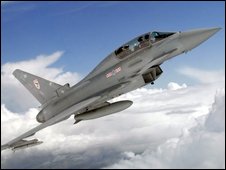
– Boeing $30.5bn
– BAE Systems $29.9bn
– Lockheed Martin $29.4bn
– Northrop Grumman$24.6bn
– General Dynamics $21.5bn
– Raytheon $19.5bn
– EADS (West Europe) $13.1bn
– L-3 Communications $11.2bn
– Finmeccanica $9.9bn
– Thales $9.4bn
Source: Sipri All figures from 2007. |
In total, the 100 leading defence manufacturers sold arms worth $347bn during 2007, the most recent year for which reliable data are available.
Almost all the companies were American or European. Some 61% of the total was accounted for by 44 US companies, with 32 West European companies accounting for a further 31%. Other companies were Russian, Japanese, Israeli and Indian.
“Since 2002, the value of the top 100 arms sales has increased by 37% in real terms,” Sipri said. “The US presidency of George W Bush… was a period of continuity in the arms industry. This followed a period of consolidation in the 1990s and early 2000s.”
The US aerospace and defence giant Boeing remains the world’s largest, with arms sales of $30.5bn during 2007. The UK’s BAE Systems ranked a close second, with arms sales of $29.9bn, while Lockheed Martin was third with $29.4bn in sales.
Big spender
The US remains the biggest spender, accounting for 58% of the total global spending increase during the decade, though China and Russia have reduced the gap.
 |
The top 10 military spenders 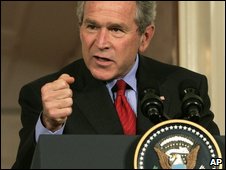
-USA $607bn
-China $84.9bn
– France $65.74bn
– UK $65.35bn
– Russia $58.6bn
– Germany $46.87bn
– Japan $46.38bn
– Italy $40.69bn
– Saudi Arabia $38.2bn
– India $30.0bn
Source: Sipri. All figures from 2008. |
Both tripled military spending over the decade, and Russia “is maintaining plans for further increases despite severe economic problems”.
Military spending in the Middle East fell slightly during 2008, but Sipri saw this as a temporary drop. “Many countries in the region [are] planning major arms purchases,” Sipri said.
One exception was Iraq, whose military budget rose 133% during 2008 when compared with 2007. “Iraq remains highly dependent on the US for ams supplies, with numerous orders planned,” Sipri says.
US military spending accounted for 58% of the total global spending increase during the decade, with extra funds set aside to fight the “war on terror”.
In addition, the wars in Afghanistan and Iraq cost the US $903bn.
“The idea of the ‘war on terror’ has encouraged many countries to see their problems through a highly militarised lens, using this to justify high military spending,” said Sam Perlo-Freeman, head of the military expenditure project at Sipri, or Stockholm International Peace Research Institute.
Read moreGlobal military spending sets new record
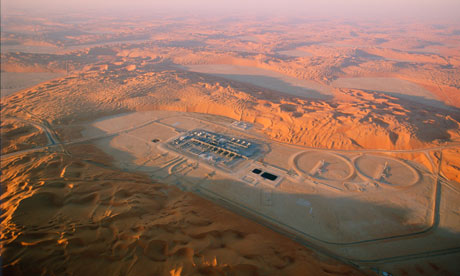
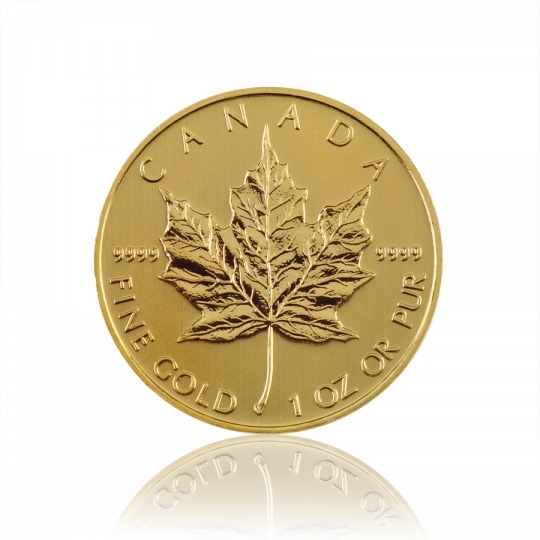


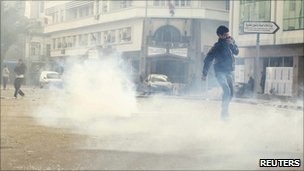

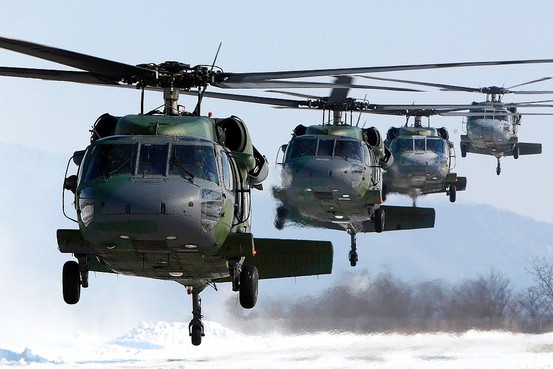

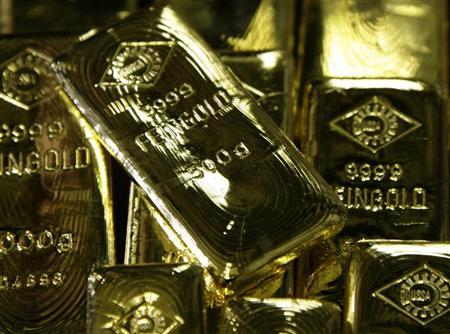
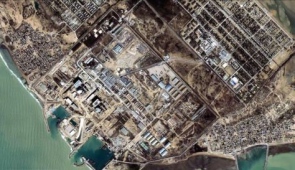



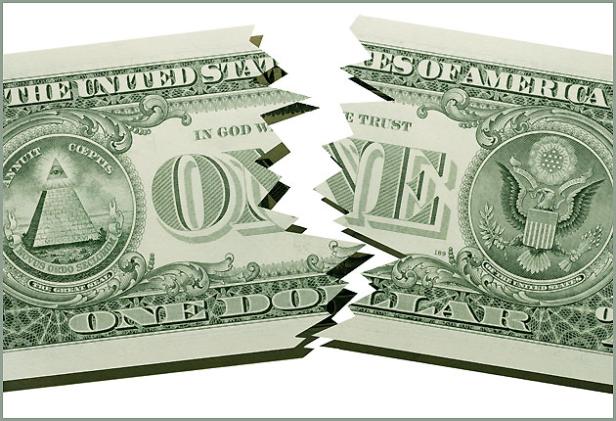
 The value of military hardware manufacturers has soared.
The value of military hardware manufacturers has soared.


